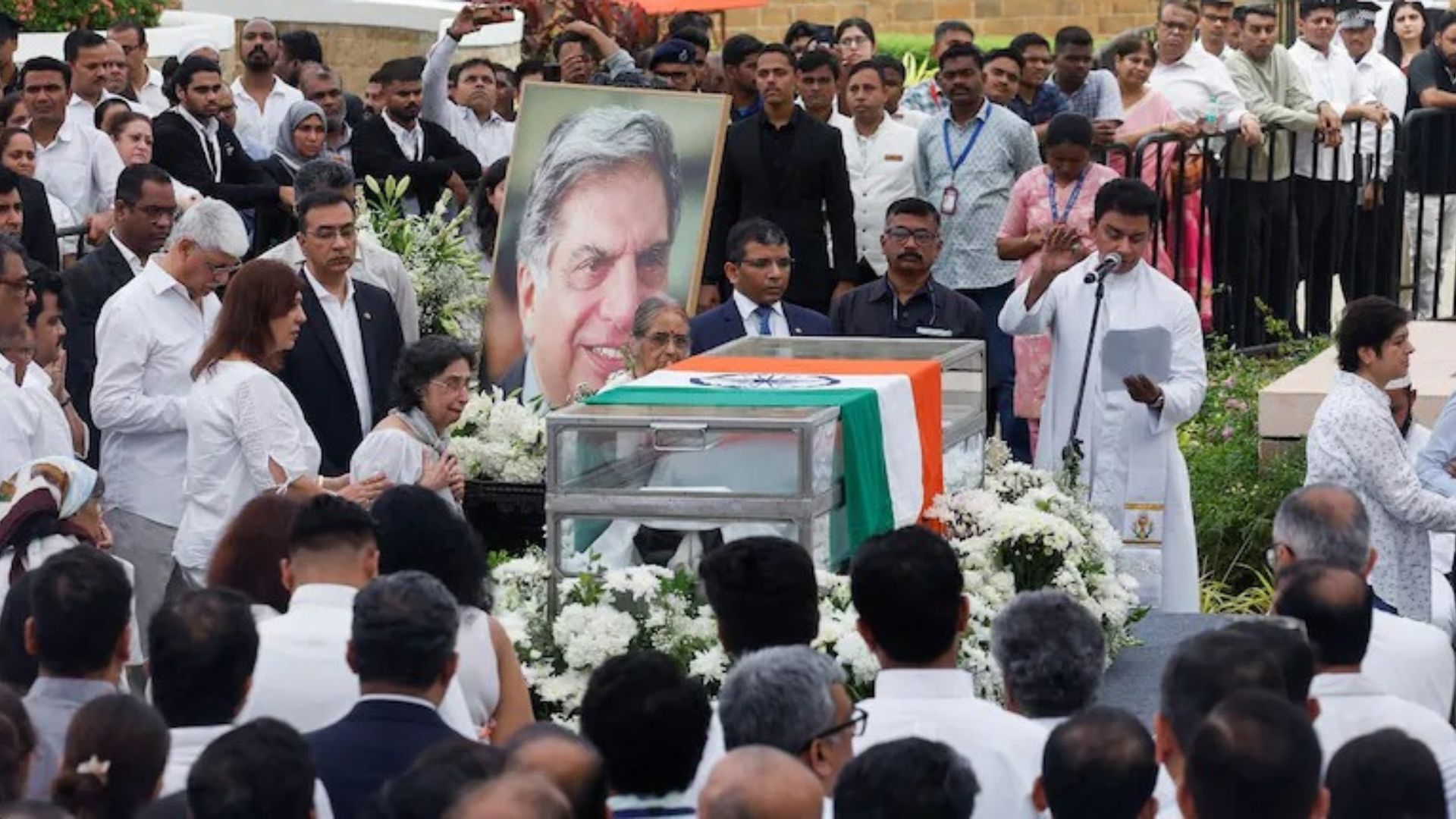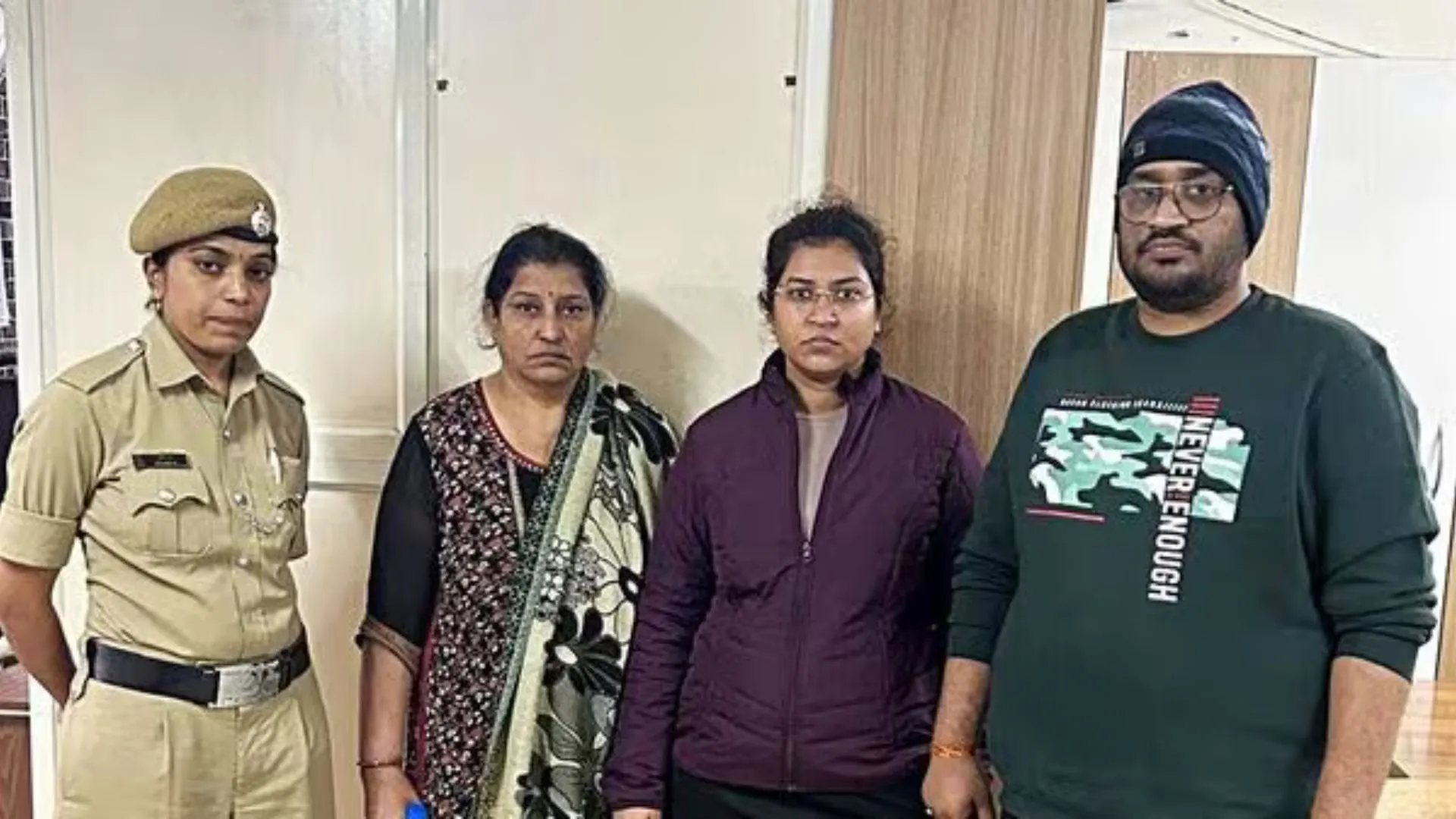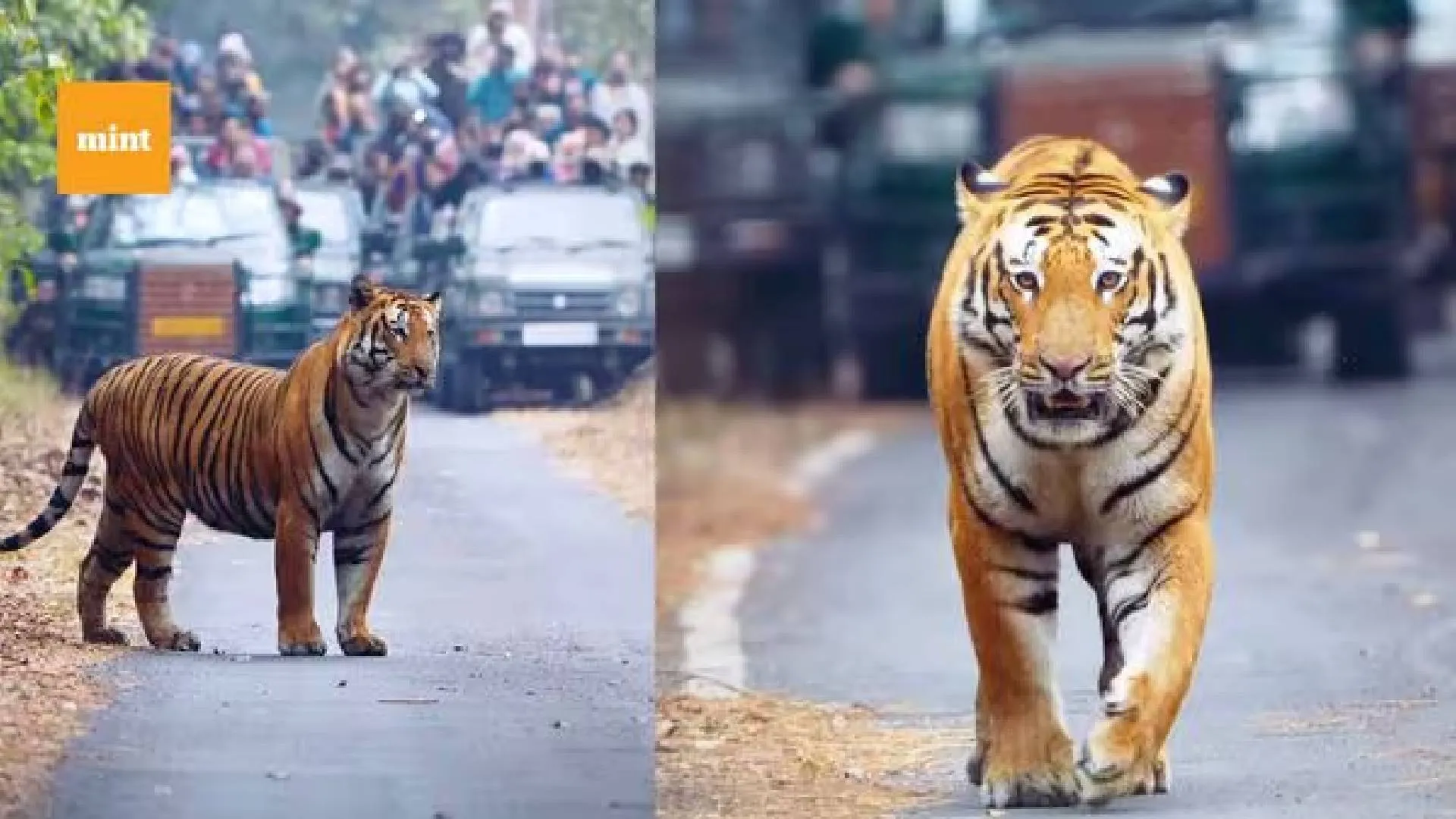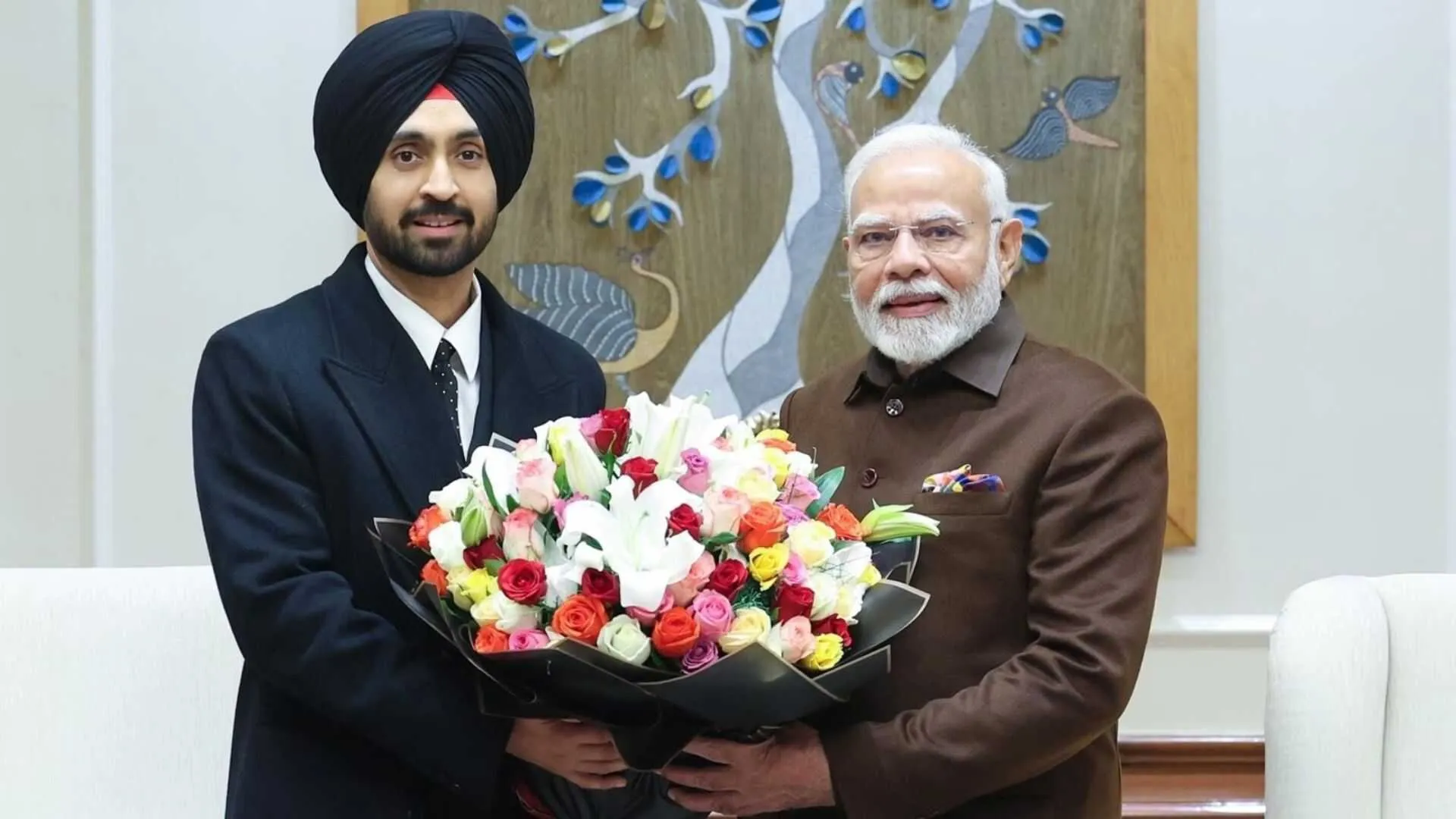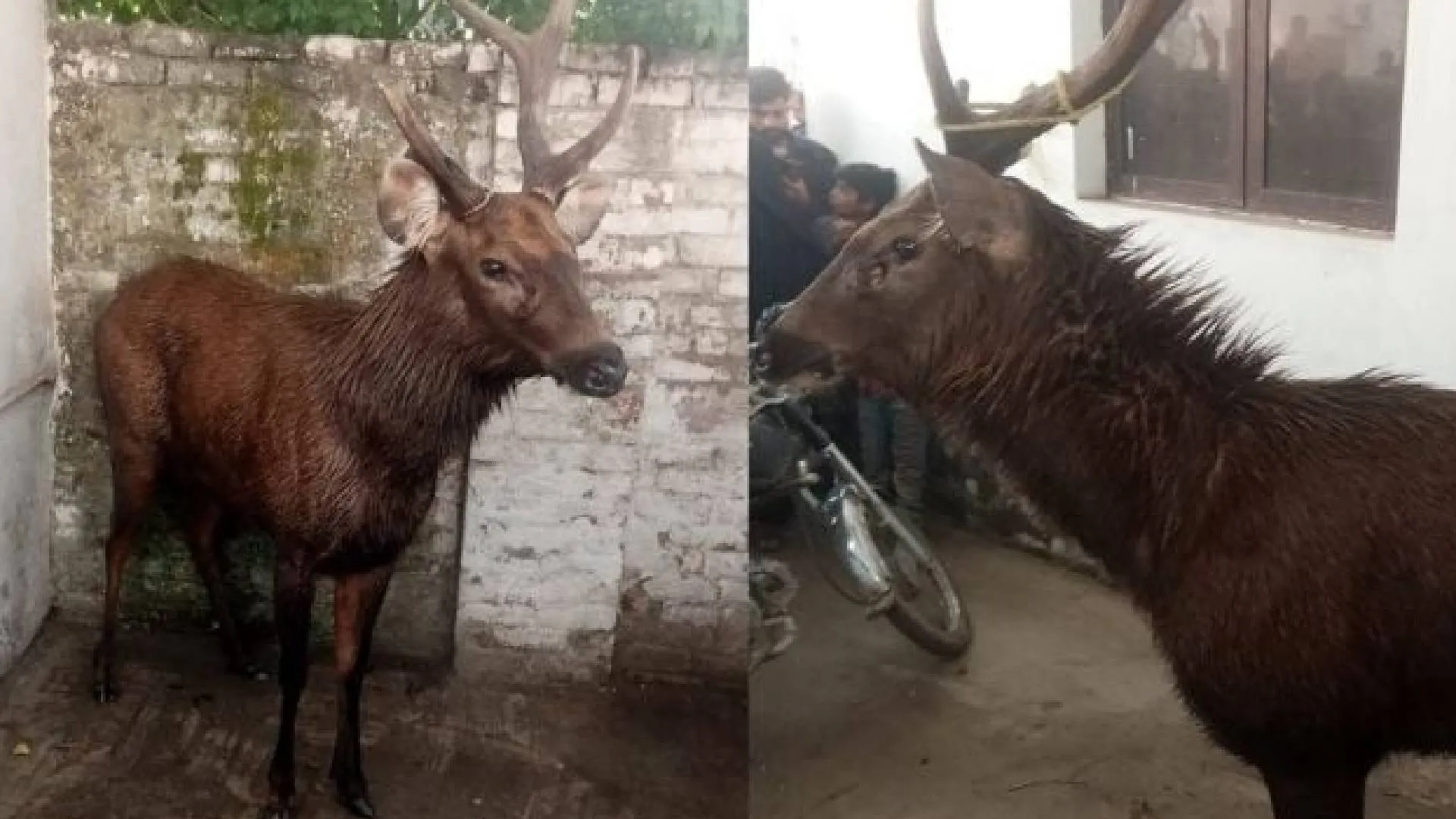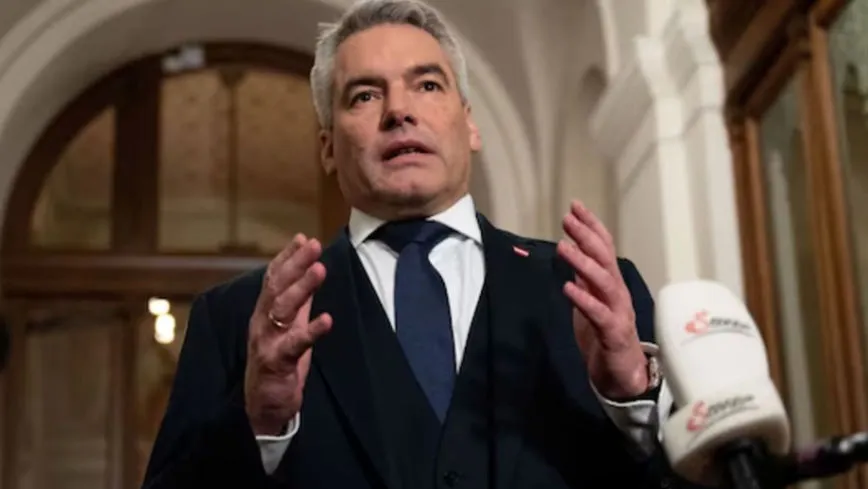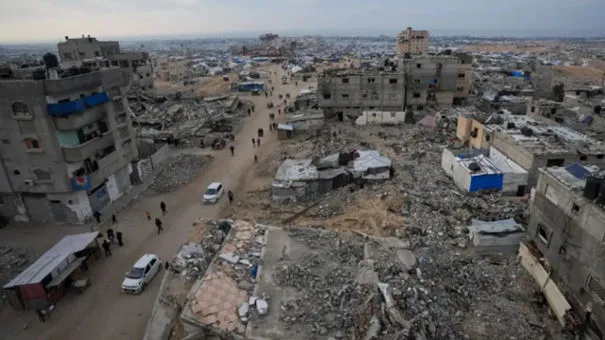Ratan Tata, the 86-year-old industrial giant and Chairman Emeritus of Tata Group, passed away at Mumbai’s Breach Candy Hospital on Wednesday. The Maharashtra government has decided to honor him with a state funeral, and being a Parsi, his funeral will adhere to the community’s traditional rituals.
Unlike Hindus and Muslims, Parsis do not cremate or bury their deceased. According to Zoroastrian beliefs, the human body is a gift of nature that must be returned without contaminating the elements—water, air, or fire. Cremation or burial would violate these principles, as they would pollute these sacred elements.
HOW THE RITUALS ARE CONDUCTED
In the early hours of the day, the body is prepared for funeral rites. Nassesalars, specialized pallbearers, wash and dress the body in traditional Parsi attire. The body is then wrapped in a white shroud, referred to as ‘sudreh’ (a cotton vest) and ‘kusti’ (a sacred waist cord).
Before the body is taken to its final resting place, Parsi priests conduct prayers and blessings to aid the deceased’s soul in transitioning to the afterlife. Family members and close relatives gather to participate in these solemn rituals and pay their final respects.
THE TOWER OF SILENCE (DAKHMA)
Traditionally, the body would be taken to the Tower of Silence, or ‘Dakhma,’ a structure designed for Parsi funerals. Here, the body is exposed to the elements and scavenger birds, typically vultures, a practice known as ‘Dokhmenashini’. This ensures the body returns to nature without polluting fire, earth, or water. The vultures consume the flesh, and the bones eventually decompose in a central well within the tower.
MODERN ADAPTATIONS FOR FUNERALS
Due to declining vulture populations and environmental concerns, some funerals incorporate modern adaptations. Solar concentrators are sometimes used to accelerate decomposition. Alternatively, some Parsi families opt for electric cremation, which is both practical and environmentally friendly.
If the ‘Dakhma’ method is not feasible, the body may be taken to an electric crematorium, respecting Zoroastrian principles of avoiding pollution.
STATE FUNERAL FOR RATAN TATA
In recognition of his immense contributions to India, the Maharashtra government has announced that Ratan Tata will receive a state funeral. His body is currently kept at the National Centre for Performing Arts (NCPA) in Nariman Point, south Mumbai, for the public to pay their respects. At 3:30 pm, the body will be taken to the Worli crematorium for the final rites.
Union Home Minister Amit Shah will represent the government at the funeral.

